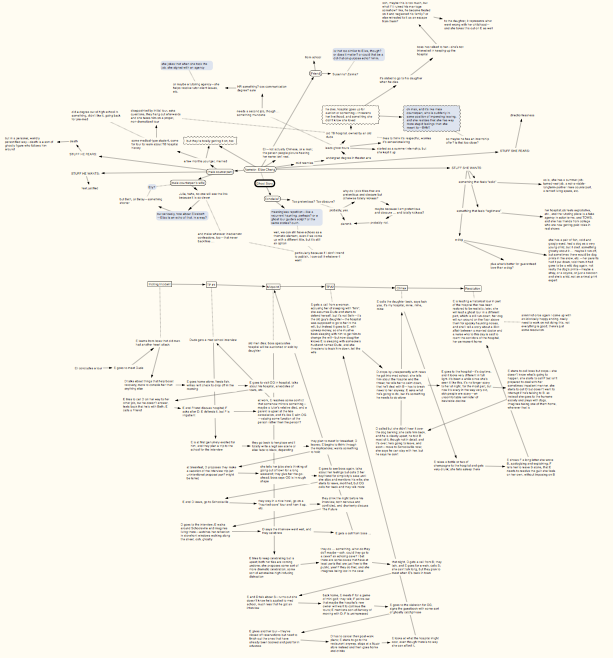

For an example of commonplaces in use, see Shakespeare’s “To be or not to be” soliloquy in Hamlet 3.1.58ff. They were a short hand way of referencing common experiences or understanding The use of commonplaces in Classical rhetorical training was a standard part of the composition stage of invention, or prewriting in the rhetorical jargon of the current era. In some ways, commonplaces in the pre-digital eras functioned as memes do now. Commonplaces were in a sense “touchstones” to borrow the phrasing of Matthew Arnold language that described ideas and experiences that were if not actually universal, were at least common. p.Ĭommonplace is a literal translation of the Greek koinoi topoi, similarly literaly translated in Latin as loci communes.

University of California Press: Berkeley, second edition, 1994. the scholar’s praise of a place as paradisiacal the uses of the past a short, celebrated life vs. A few scattered traditional loci: death is common to all time flies the contemplative vs. So an American statesman who knows he will be asked to speak extempore on the Fourth of July might commit to memory reflections on the bravery of the Founding Fathers, tags from the Declaration of Independence, praise of famous American victories, etc. The commonplace as Richard Lanham explains is:Ī general argument, observation, or description a speaker could memorize for use on any number of possible occasions. The Commonplaceīefore examining the function and production of commonplace books, it’s helpful to understand the role of commonplaces in rhetoric and literary history. As notebooks for journaling and bullet journals have become commonplace, the commonplace book is once again thriving, in both analog and digital forms. In the eighteen years since I compared blogs and commonplaces books, a number of bloggers have begun using blogs as commonplace books. Many are echoing Dori Smith’s discussion of her blog as her “Backup Brain” something which sounds very much like a commonplace book. Since then a number of other bloggers have made the same comparison it is in fact, now a commonplace to compare blogs and commonplace books. In one of my earliest blog posts on February 8, 2002, I compared blogs and commonplace books.


 0 kommentar(er)
0 kommentar(er)
